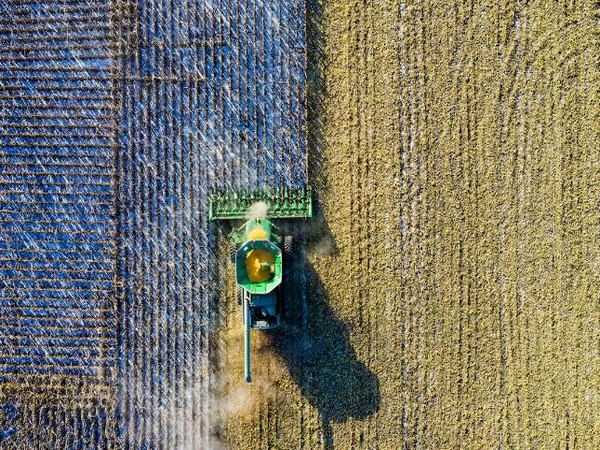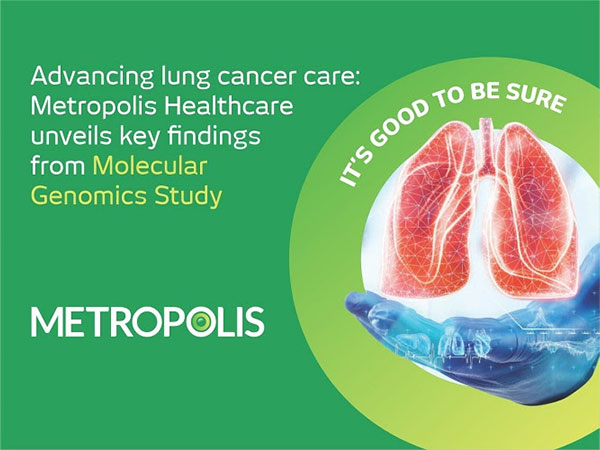Australia failing to monitor agricultural chemical effect on humans: report
May 03, 2023
Canberra [Australia], May 3: Australia is failing to properly monitor the effect of chemicals used in the agriculture industry on humans, a government report has found.
According to the report, which was released by the Department of Agriculture on Wednesday, the federal government currently has no adequate data source to measure the effect of agricultural and veterinary (agvet) chemicals on the environment and human health.
The chemicals are used to protect crops, the environment, livestock and domestic animals from weeds and pests but can be consumed by humans in the form of residues in agricultural produce.
Despite the Australian Pesticides and Veterinary Medicines Authority (APVMA) setting acceptable daily intakes for agvet chemicals, the new report showed no studies have been conducted on human bio-monitoring since 2005.
The researchers also found that there are no national sources of data on pesticides in drinking water, groundwater, urban stormwater, soil or in wildlife.
"Work health and safety (WHS) regulators were not able to provide useful information about workers exposure to agvet chemicals," the report said.
"Similarly, those public health authorities who responded to enquiries did not hold useful information about human exposure to agvet chemicals."
They found that the only long-running monitoring scheme for pesticides in the environment was as part of the protection of the Great Barrier Reef.
It found that monitoring of pesticides in food was better due to the National Residue Survey for exported meats.
Markets and supermarket chains also monitor domestically sold fruit and vegetables but the findings are kept confidential.
Matt Landos, a member of the National Toxics Network, said without more data on pesticide use the APVMA was not properly informed when approving products.
"The existence and quality of that data is paramount. The report shows there is no human data monitored and only scant measurement of food and the environment," he was quoted by the Guardian Australia as saying on Wednesday.
Source: Xinhua








